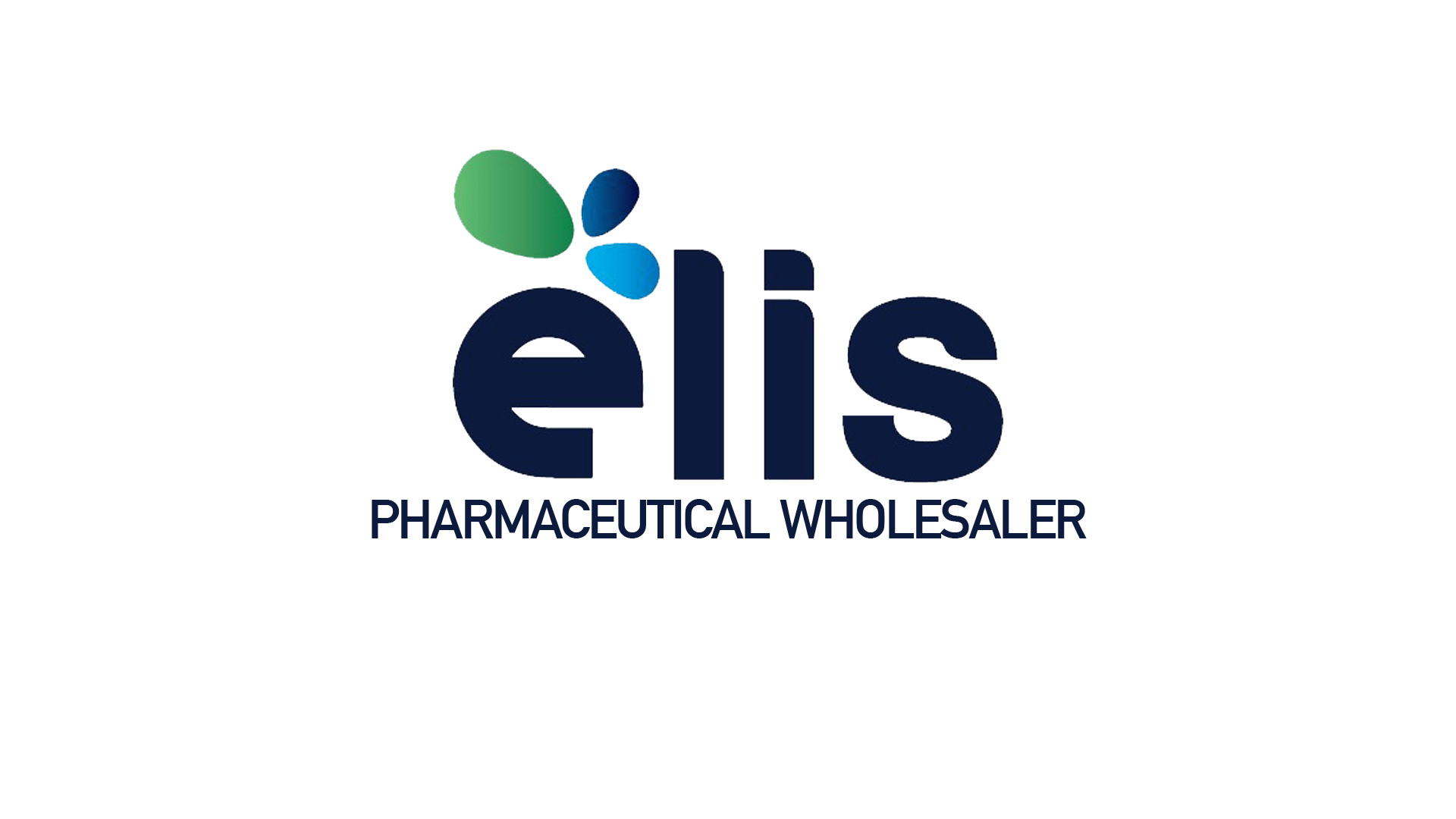
Difference Between Brand Name and Generic Drugs
The difference between brand name and generic drugs is an important aspect of healthcare and medication. When it comes to prescription medications, you may have noticed that some drugs are available in both brand name and generic versions. But what exactly sets them apart?
Brand name drugs are developed and marketed by pharmaceutical companies. These medications undergo extensive research, clinical trials, and are granted patent protection. They are typically more expensive due to the costs associated with research, development, and marketing. Brand name drugs are recognizable by their unique brand names, and they are often the first version of a drug to enter the market.
On the other hand, generic drugs are essentially identical to brand name drugs in terms of their active ingredients, dosage form, strength, and intended use. Generic drugs are produced and marketed after the patent protection for the brand name drug expires. They are manufactured by different pharmaceutical companies and are sold under the generic name of the active ingredient. Generic drugs are usually more affordable than their brand name counterparts.
It’s important to note that both brand name and generic drugs undergo rigorous regulatory processes to ensure safety, efficacy, and quality. The main difference lies in their cost and branding. While brand name drugs are well-known and may carry a higher price tag, generic drugs offer a more affordable alternative without compromising on quality or effectiveness.
Understanding the difference between brand name and generic drugs can help patients and healthcare providers make informed decisions about medication options. It’s essential to consult with your healthcare professional to determine the most suitable choice for your specific needs, taking into account factors such as cost, availability, and personal medical history.
What Is Branded Medicine?
Branded medicine refers to a type of medication that is developed, manufactured, and marketed by a specific pharmaceutical company. These medications are protected by patents, which grant exclusive rights to the company for a certain period of time.
Branded medicines are typically the first version of a drug to be introduced into the market. They undergo extensive research, development, and clinical trials to ensure their safety, efficacy, and quality. The pharmaceutical company invests significant resources in discovering and developing new medications, and the brand name is associated with the company’s reputation and identity.
Branded medicines are often recognizable by their unique brand names, which are created by the pharmaceutical company. They are marketed to healthcare professionals and consumers through various channels, including advertising, promotional campaigns, and direct sales.
Due to the investment involved in research, development, and marketing, branded medicines tend to be more expensive than their generic counterparts. However, they are also subject to competition from generic versions once the patent protection expires.
It’s important to note that branded medicines and generic medicines contain the same active ingredients and are expected to have the same therapeutic effects. The main difference lies in their cost, branding, and the exclusivity granted to the pharmaceutical company that developed the medication.
Patients should consult with their healthcare professionals to determine the most appropriate medication for their specific condition, taking into consideration factors such as efficacy, affordability, and availability.
What Is Generic Medicine?
Generic medicine refers to a pharmaceutical product that is a copy or equivalent of a brand name medication. Once the patent protection of a brand name drug expires, other pharmaceutical companies can produce and market generic versions of the medication.
Generic medicines contain the same active ingredients, have the same dosage form, strength, and intended use as the brand name drug. They undergo rigorous testing and regulatory processes to ensure their safety, efficacy, and quality. However, they may have different inactive ingredients, such as fillers or preservatives, which do not affect the therapeutic effect of the medication.
One of the main advantages of generic medicines is their affordability. Since generic manufacturers do not need to invest in research and development or extensive marketing campaigns, their production costs are generally lower. As a result, generic medicines are often priced significantly lower than their brand name counterparts, making them a cost-effective option for patients.
It’s important to note that the regulatory authorities require generic medicines to demonstrate bioequivalence to the brand name drug. This means that they must deliver the same amount of active ingredient into the bloodstream at the same rate as the brand name drug. As a result, generic medicines are expected to have the same therapeutic effects as the brand name version.
When considering generic medicine, it is advisable to consult with healthcare professionals who can provide guidance and reassurance regarding their safety, efficacy, and suitability for specific medical conditions. Generic medicines offer an accessible and affordable alternative for patients while maintaining the same quality and effectiveness as the brand name drug.





